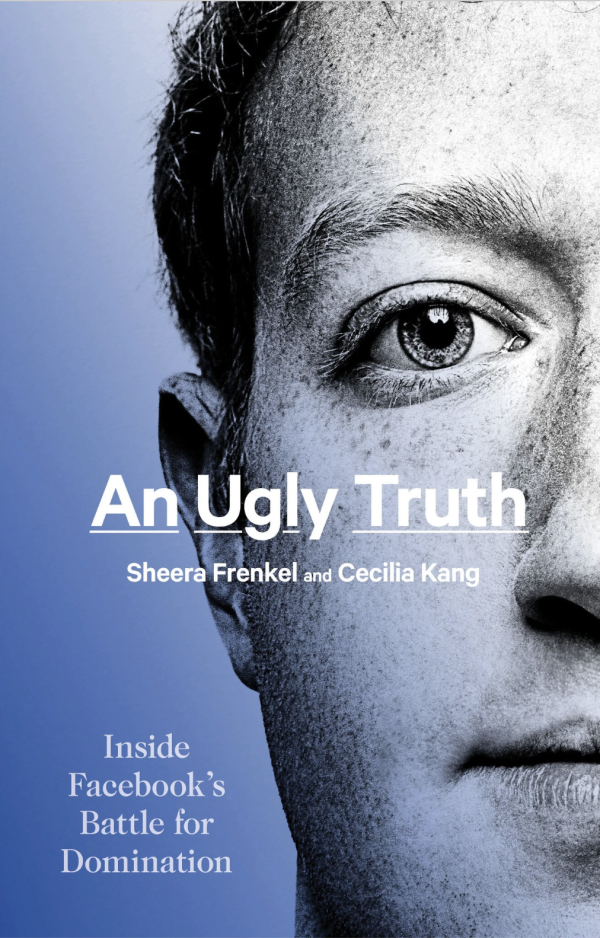FRESH AIR: In a new book, two New York Times journalists report that Facebook CEO Mark Zuckerberg often doesn’t see the downside of the social media platform he created. In their new book, An Ugly Truth, Sheera Frenkel and Cecilia Kang write that Zuckerberg tends to believe that free speech will drown out bad speech.
“[Zuckerberg’s] view was that even if there were lies [on Facebook] — lies from a politician such as Donald Trump — that the public would respond with their own fact checks of the president and that the fact checks would rise to the top,” Frenkel says.
Frenkel, who is based on San Francisco, covers cybersecurity for The Times; Kang is based in Washington, D.C., and covers technology and regulatory policy. Their book focuses on the period between the 2016 presidential campaign and the Jan. 6 insurrection at the U.S. Capitol — a time in which Trump became one of Facebook’s most profitable users.
“Trump had over 30 million followers,” Frenkel tells Fresh Air. “He not only managed to bring audience and relevancy to Facebook, he created this constant sort of churning stream of information that people couldn’t help take their eyes off of.”
Article continues after sponsor message
Following the 2020 presidential election, the Facebook platform became key in the “Stop the Steal” effort to challenge the election results, with users posting photos of assault rifles and openly discussing how they were going to bring guns to Washington on Jan. 6. “I had never seen a Facebook group grow so quickly, adding thousands of users within hours to this group in which they were sharing all sorts of falsified videos and documents about election fraud,” Kang says. “It’s very clear from our reporting that Facebook knew the potential for explosive violence was very real [on Jan 6].”
Kang and Frenkel say that the company debated having Zuckerberg call Trump to try to defuse the Jan. 6 rally ahead of time, but it ultimately decided not to do so. After the insurrection, Facebook suspended Trump’s account for two years, saying it will reinstate him only if “the risk to public safety has receded.”
Kang notes that the fact that Trump is no longer in office has helped Facebook avoid an extensive discussion of the ban. But political disinformation remains a problem for the social media platform, which has nearly 3 billion global users.
“There are elections coming up in a number of countries where the current head of state is very active on Facebook and uses Facebook much in the way that was modeled by Donald Trump,” Kang says. “Millions of people all over the world are being affected in democracies that are being threatened by populist leaders using Facebook.” MORE

